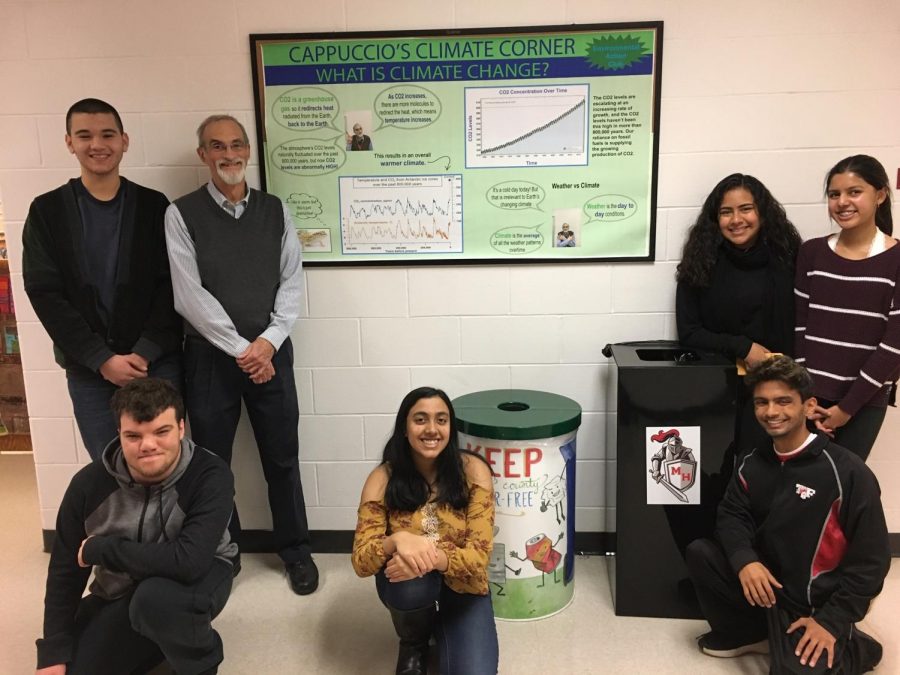If Not You, Then Who? A Plea from Environmental Action Club
There are some problems that could befall our planet and that would demand an immediate global response, such as an asteroid bounding towards Earth or an infectious disease spreading. Naturally, a crisis like this would grab international attention, with information being spread about the issue and contributions coming from around the world to resolve it.
Although it isn’t as urgent, there are other dangerous issues that have been building up over a long period of time, whose stakes are just as dire, but are often brushed aside. One of these issues has been gaining steam for centuries and is incredibly relevant to all of us, as residents of the planet Earth. Since the time of the Industrial Revolution, the amount of carbon dioxide in our atmosphere has spiked and will continue to rise unless measures are taken against it.
The United Nations’ Scientific Panel climate report, created by top scientists from all 195 countries in the UN, states that our world has only a twelve years left before this situation evolves into a crisis. Furthermore, the US recently released its own report issued by 13 federal agencies, with the shocking information that the US economy could shrink by 10 percent by the end of the century if significant steps are not taken to slow global warming. The Fourth National Climate Assessment also reported that strong heat could hasten the spread of disease, and that this could cause the food supply to shrink. Additionally, it warns that floods and droughts will intensify, spreading poverty to millions affected. Irreversible damage to our environment can create a world that is uninhabitable for humans. If in only a dozen years the global economy does not get a complete overhaul to deal with carbon emissions, we may leave behind a terrible situation for future generations.
While the idea of an economic overhaul sounds great, the problem is that such a reformation does not seem imminent. Although concerns have been expressed and agreements signed, they haven’t nearly met the demands that are called for to prevent a climate disaster. The difficulty that those who try to advocate for this issue find is that many ignore the issue, setting it aside for the sake of money, politics, or general indifference. Because the energy business is huge, some politicians are happy to ignore the problem if the electorate is not energized enough about it.
In short, it appears that the radical changes needed to avoid calamity are not coming anytime soon. But there is still something to give a bit hope. The G8 + 5 Academies’ Joint Statement, a report crafted by the best scientists the world has to offer, states that the real prospect for change is not from politicians or from current leadership. Instead, they look to us, stating “We must build on the current enthusiasm and engagement of a younger generation.” We have to stop seeing ourselves as incapable of impact on the climate issue, as if we are watching it all happen from afar. The elites of the science community are relying on us and our potential to make an impact.











